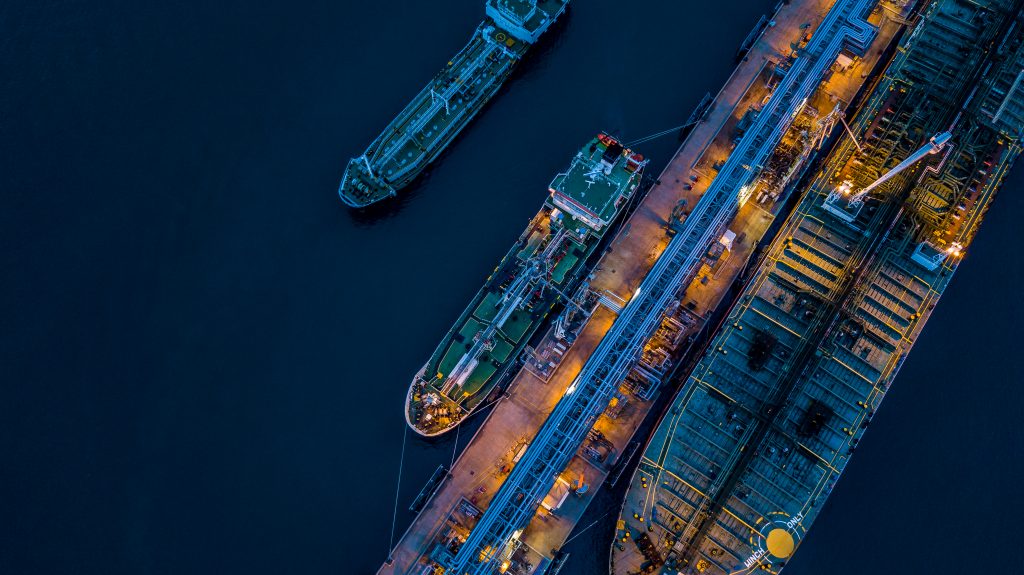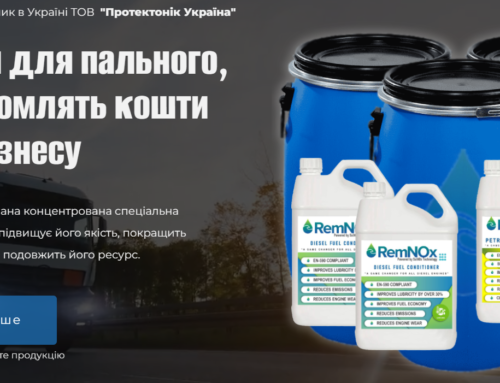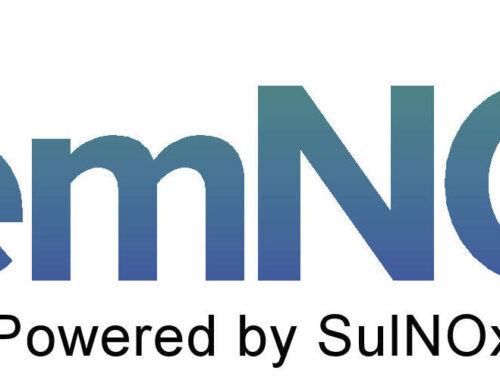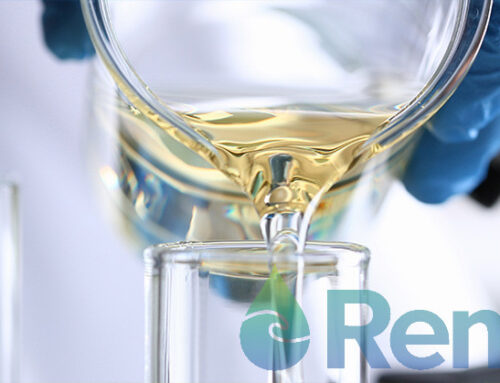- Concerns about global pollution among shipping industry leaders are increasing
- The International Maritime Organisation (IMO) is alert to the fact that ships account for 2.2% of global emissions of greenhouse gas, carbon dioxide
- The latest knee-jerk response is to demand that the world fleet of 94,000 commercial ships travel more slowly
- Limiting ships’ speed is a provisional measure until less polluting fuels can be developed
Industry chiefs have suggested commercial ships cut their speeds by 10% in a bid to reduce carbon dioxide emissions.
IMO 2020 negotiations – London, May 2019
On 1st May, a Financial Times report described the emissions crisis facing the shipping industry – and what SulNOx describes as a panicked reaction by shipping industry leaders – as a PR stunt in advance of the IMO negotiations in London this month.
IMO 2020 regulations will ban ships from using fuels with a sulphur content above 0.5%. The limit is currently 3.5%. Only ships fitted with scrubbers, which clean the sulphur from the engine before washing it out to sea, will be allowed to continue to use high-sulphur fuel.
How can ships become IMO 2020 compliant?
IMO 2020 is one of the most significant regulations to hit the shipping industry in the past decade.
The overall aim is to better human health by reducing toxic emissions from the shipping industry. The IMO claims more than 570,000 premature deaths will be prevented in the five years between 2020 and 2025 as a result of these regulations.
However, some key questions are currently being discussed within the industry:
- Low-sulphur fuel is expensive and is in short supply. Will there be sufficient quantities of low-sulphur, compliant fuel to service the world’s fleet of ships by January 2020, when the regulations come into force? Major fuel bunkering ports appear to have supplies, but the concern is over the smaller ports.
- The cost to ship owners to modify a ship’s exhaust system with ‘scrubbers’ will be significant. What’s more, the IMO has queried the impact of scrubbers on the environment following multiple environmental groups calling on the organisation to impose an immediate ban on their use. Perhaps an investment in engine modification will be short-lived after all.
Are there other options available to the shipping industry?
The short answer is ‘yes’.
There are no restrictions placed on how a ship reduces its toxic emissions and we know that fuel additives are being considered.
We have an immediately available solution – a product specifically targeting this urgent need.
SulNOx fuel conditioners
SulNOx believes that persuading countries around the world to agree to enforced shipping speeds (with the resulting economic implications) would be nigh on impossible and that alternative immediately available methods need to be considered.
Commercial ships run on Heavy Fuel Oil (HFO), which is the nasty dregs at the bottom of the barrel during the oil refining process. It is high in toxins and very few of us are aware that a single bulk carrier produces as much airborne pollution as 50 million cars. It is thought, therefore, that the 26 largest ships emit similar pollution to all the cars in the world.
The world has a fleet of 94,000 commercial ships, of which over 50,000 are described as bulk carriers and ocean liners.
Our HFO emulsifier can be mixed with 18% water, providing ship owners with massive fuel savings and significant reductions in the harmful exhaust gas. Our products are manufactured by one of the world’s biggest chemicals companies, Nouryon .
Act now to be IMO 2020 compliant
The world is waking up to the damage caused by shipping and all ship owners must stand up to their responsibilities.
- We have an immediate solution at no cost to ship owners
- We are endorsed by one of the world’s biggest chemical companies and have a dossier of ship trial results
By March 2020 it will be illegal for a ship to burn high-sulphur fuel in most of the world’s biggest ports. Break these rules and you will sail towards a two-year stay in prison. Ship owners must act now to implement a low-cost solution that will make their fleet immediately IMO 2020 compliant.
For an initial conversation with our experts, call +44 203 291 3638 or email info@sulnoxgroup.com.
Reproduction of this information is with kind permission from SulNOx




